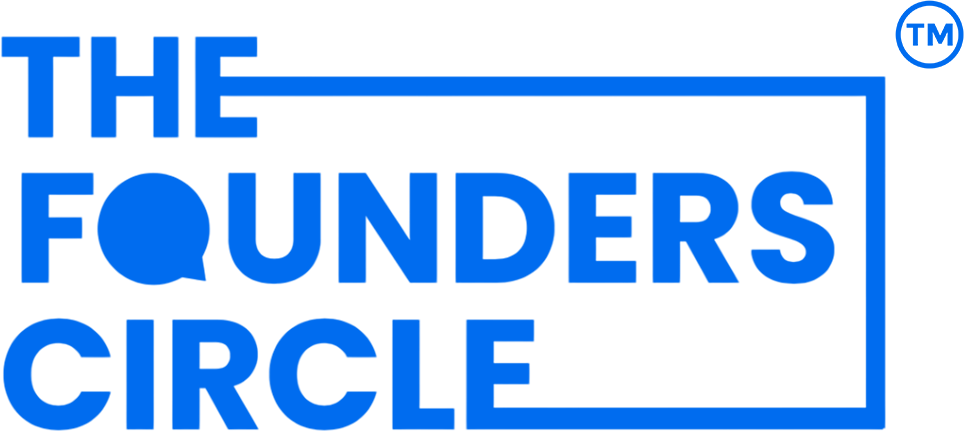Why Every Startup Founder Needs a Strong Community

Launching a startup is an exciting yet challenging journey. Founders are often driven by passion and vision, but the path can feel isolating without the right support system. That’s exactly why startup founders need community — a network of like-minded individuals, mentors, and peers who understand the struggles of building something from scratch. A strong community is more than just a circle of contacts; it becomes the backbone of growth, resilience, and innovation.
In this blog, we’ll explore the startup founder community benefits, share startup community case studies, and show how being part of a thriving ecosystem can transform your entrepreneurial journey.
The Power of Shared Experience
One of the most valuable reasons why startup founders need community is shared experience. No textbook or online course can truly prepare you for the rollercoaster of entrepreneurship. When you connect with other founders, you learn from their real-life experiences — their wins, mistakes, and lessons.
For example, in many startup community case studies, founders reveal that early-stage support from peers helped them pivot faster and avoid costly mistakes. This kind of shared wisdom is priceless. Instead of navigating uncharted waters alone, you gain access to collective intelligence that accelerates your progress.
Emotional Support and Motivation
Starting a business is mentally and emotionally demanding. Stress, self-doubt, and setbacks are part of the journey. A big reason why startup founders need community is to stay motivated during tough times. Surrounding yourself with like-minded people who understand your struggles helps you stay focused and resilient.
Communities don’t just provide business advice; they also create safe spaces for founders to share vulnerabilities and celebrate small wins. This emotional strength is one of the most overlooked startup founder community benefits, but often the most impactful.
Access to Networks and Opportunities
Networking is one of the top reasons why startup founders need community. Investors, advisors, partners, and even your first customers often come through trusted networks. A strong startup ecosystem introduces you to the right people at the right time.
This is also where The Founder Circle plays an important role. By connecting founders with mentors and peers, it creates opportunities for collaboration, funding, and growth. Whether it’s a chance encounter at an event or an introduction through the community, these connections can open doors that might otherwise remain closed.
If you’re interested in growing your network further, check out our resource on networking for startup founders, which dives deeper into building meaningful professional relationships.
Faster Learning and Skill Building
Another reason why startup founders need community is the ability to learn faster. Being surrounded by entrepreneurs exposes you to different perspectives, strategies, and tools. You’ll find out what works in marketing, product design, fundraising, or hiring without having to figure it all out on your own.
Many startup community case studies highlight how knowledge-sharing platforms speed up decision-making. Instead of trial and error, you gain access to proven methods and frameworks that have already been tested in the market.
For instance, when it comes to customer acquisition, founders often share real-world examples of word-of-mouth marketing for startups that helped them achieve sustainable growth without burning budgets on ads.
Building Early Advocates for Your Startup
Your community is often the first group to believe in your vision. That’s another reason why startup founders need community — it helps build brand advocates even before you scale. Early users from your network can provide feedback, spread the word, and even become long-term customers.
This kind of organic support lowers customer acquisition costs and strengthens brand loyalty. Communities essentially turn into testing grounds for new ideas, allowing you to refine your product before launching it to the wider market.
If you’re exploring growth strategies, you might also like our blog on how to build a mission-driven startup, which explains how aligning with values can create even stronger brand advocates.
Real-World Startup Community Case Studies
Looking at real examples is the best way to understand startup founder community benefits. Globally, companies like Airbnb, Dropbox, and Slack leaned heavily on early user communities to gain momentum. Their users weren’t just customers — they became advocates, evangelists, and contributors to product improvement.
In India, several early-stage founders share how being part of networks like The Founder Circle helped them connect with investors and peers, boosting their confidence and accelerating growth. These startup community case studies prove that no successful startup is ever built in isolation.
For more insights, our post on startup trends 2025 discusses how communities will continue to shape the next generation of entrepreneurs.
Marketing Advantages Through Communities
Marketing is one of the toughest challenges for new businesses, but it’s also a powerful example of why startup founders need community. A loyal community can become your most effective marketing channel. They share your content, recommend your product, and create trust through authentic conversations.
Digital platforms have made this easier. For example, WhatsApp for startup marketing has emerged as a powerful tool, allowing founders to engage directly with their communities, share updates, and create personal connections with customers.
Communities Encourage Innovation
A less obvious reason why startup founders need community is innovation. Brainstorming with peers often sparks creative solutions to challenges. Diverse perspectives in a community push you to think outside the box and find fresh approaches.
At The Founder Circle, many collaborations between startups have led to unique product innovations and joint ventures. This proves that when founders share knowledge, they don’t just grow individually — they also strengthen the larger startup ecosystem.
For practical strategies, check our blog on how to validate your idea inside a founders community, which demonstrates how early community feedback can refine your product-market fit.
Conclusion
At the heart of entrepreneurship lies a simple truth: no founder succeeds alone. This is why startup founders need community more than ever. From emotional support and networking to marketing, innovation, and long-term growth, the advantages are endless.
A strong network transforms challenges into opportunities and setbacks into lessons. By tapping into collective wisdom, you not only grow your startup but also contribute to a thriving ecosystem.
Whether you’re just starting out or scaling fast, invest time in building and nurturing your community. As countless startup community case studies show, the journey is much smoother when you walk it together. And with platforms like The Founder Circle, founders can find the guidance, resources, and networks needed to succeed.
